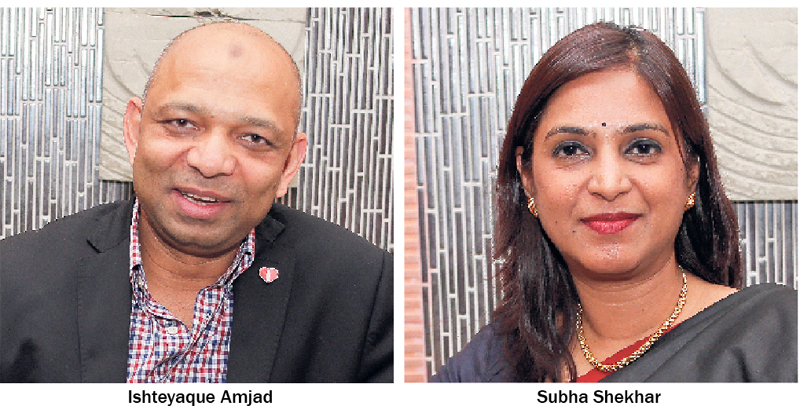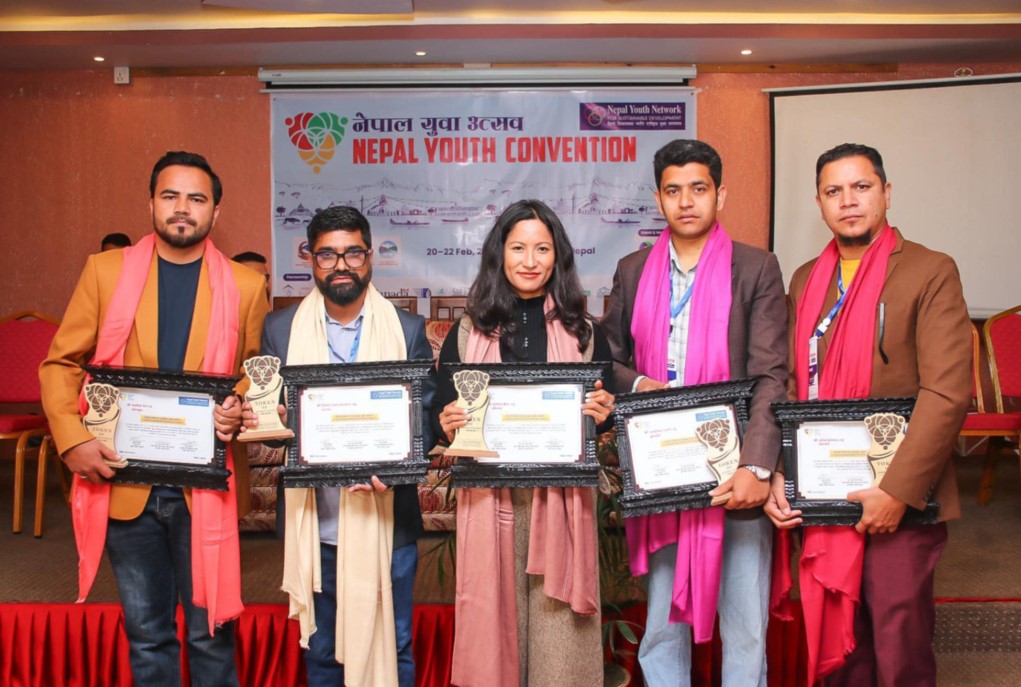A lifestyle change that people seem to be adopting the world over in the recent days is sustainable living and minimalism. And although a lot of people expect it to slowly fade away as most trends do, Samikshya Rai believes that sustainable living might not meet the same fate if we go about it the right way.
Rai is an undergraduate student at Golden Gate International College, majoring in Environmental Science, and she runs the Instagram page @thesustainable.life. She views minimalism and sustainability as interconnected topics and mentions that, for her, living a sustainable and minimalistic life means living a disciplined life and using resources available to her frugally so that the generations that come after her can also use and benefit from these resources.
It’s been about five years since Rai got interested in sustainability and minimalism. She claims that back in 2015 when she had just finished her high school, she decided to volunteer for Himalayan Climate Initiative. That was also when the Nepal government had banned the use of polythene bags but post the earthquake of 2015, no one really paid much attention to it because the country had more important matters to tackle. Rai and her fellow volunteers would go to schools, organize flash mobs and interact with people from different backgrounds to spread awareness about sustainable living and being environment-friendly.
Gradually, Rai’s interest in this field started growing and by the end of her gap year, she wanted to study Environmental Science in her Bachelors even though she had taken the year off to prepare for medical entrance exams. After she joined college, Rai mentions that she didn’t have much free time to devote to advocating sustainability but she would still attend the volunteer programs organized by UN Youth Organization and volunteer at a local orphanage with her friends. Last year, when her hometown Banke was flooded, she organized a busking session with her friends to collect funds for the victims.
Coca-Cola committed to doing business responsibly

Rai also mentions that she sees the need to live a sustainable life now more so than ever before. “The effects of climate change are so prominently visible right now. The rainy season shouldn’t have begun yet but this year it’s already upon us. If this doesn’t make you more conscious about the environment, I don’t know what will,” she says.
According to Rai, picking up habits that support sustainable lifestyle wasn’t really hard for her since she had been taught a lot of these habits by her parents in her childhood. She states that, culturally, Nepalis carry out a lot of environment friendly actions without even realizing it like using “tapari” and “duna” to serve food instead of plastic plates and bulk buying grocery. She says that she thinks if children are taught these basic things in their childhood then they can incorporate them into their lifestyles without thinking much about it.
Easing into a sustainable lifestyle
Adopting a sustainable lifestyle out of the blue can be quite challenging. Rai says you have to ease yourself into it. You can’t take up and do 100% of the things you want to from day one. Start with something simple and easy. Rai’s gateway to sustainable living was stopping the use of polythene bags. You too can start the same way. Buy a durable tote bag and bring that along everywhere.
If you don’t know much about sustainability and minimalism, do your research. Find out as much about it as you can on the internet and then make a list of all the things you want to do to lead a sustainable lifestyle.
According to Rai, you also need to figure out what are the things you can do in your everyday life and be aware of your limitations. “Everyone lives a different life, so even though this sustainability blogger you follow can implement certain things in their life, you might not be able to because of various reasons. And that’s fine. Navigate your own way towards sustainability and minimalism,” she says.
There are also some websites that will calculate your carbon footprint for you. You can use these websites to know your current rating, make plans to decrease that in the future and check it later to see whether you have reached your goal or not. Another way to promote sustainability is by supporting local brands that are dedicated to the cause. So many Nepali brands like Hamri Bahini, Karma Coffee, Kallisto Designs, etc. support sustainability. Shopping from these brands is one way of leading a sustainable life.
How she does it
I take living sustainably as a discipline. I’m not an expert at it but I do whatever I can to support the environment. It’s just small things that don’t take a lot of effort and are easy to do every day.
I cut back on buying a lot of things in general. I used to buy a lot of fast fashion clothing that I would use for a year and rebuy everything all over again. I was also a stationery item hoarder. I stopped doing both of those things. I determine whether or not I really want something before buying it. And I plan to use whatever I buy for years.
I also use a lot of reusable and refillable utensils. I suggest everyone to be mindful of all the Styrofoam and plastic utensils that you use throughout the day and reduce that. Karma Coffee actually sells non-plastic straws that are reusable. So if straws are something you use often, you can get one and keep reusing it everywhere. I pack my lunch every morning and avoid eating out as much as possible. Also, I carry a refillable steel water bottle with me everywhere I go and haven’t bought a mineral water bottle for years now. I also reuse jars and bottles of pickles and spices for many things around the house.







































